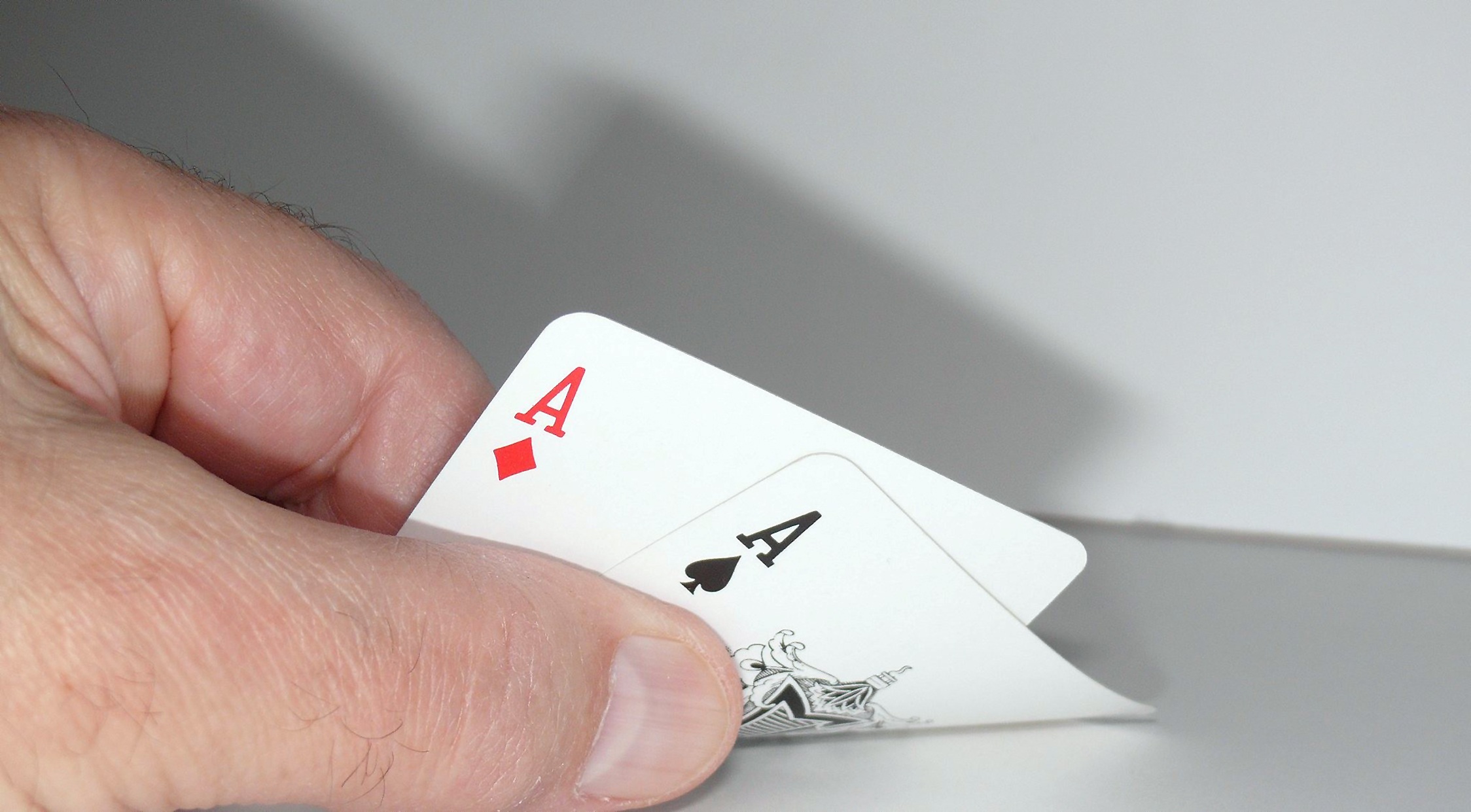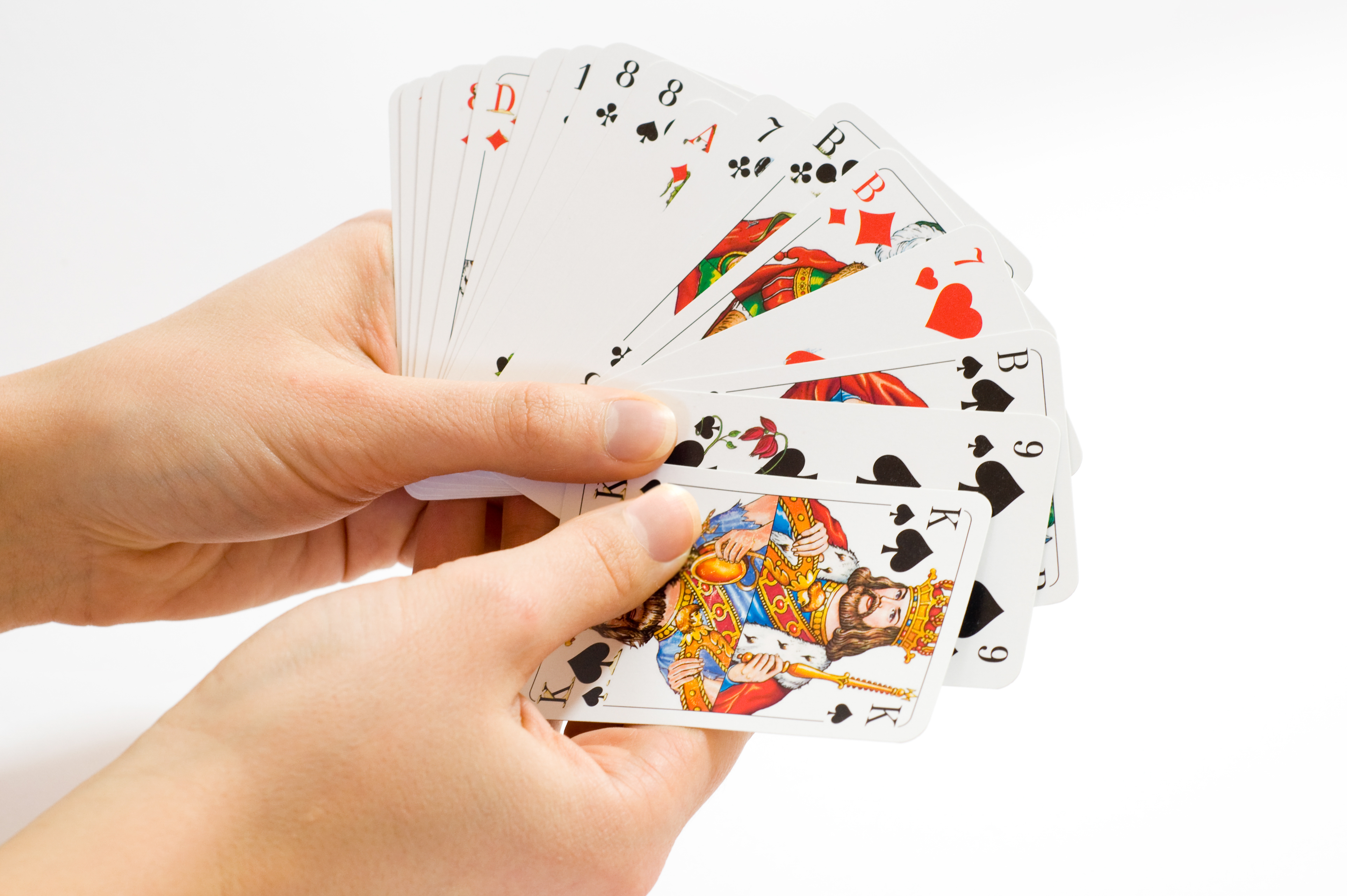There’s quite often a stalemate when it comes to which card game to play. Whether there’s no consensus on the right one or none of the players are familiar with the same games, it ends with the same outcome: no game at all, whilst the discussions continue.

Sometimes, it just comes from a desire to have a change from the norm and you don’t know where to turn. You’ve played the likes of rummy or crazy eights too many times already and would like to change it up a little. Whatever your reasons for needing a change, here is a selection of more left-field offerings that will help you put the spark back into your play.
Creights
Start with something that has an air of familiarity. Creights has some of same traits as Crazy Eights, but extra rules that will add new intrigue and competitiveness to proceedings. With as few as three or as many as eight players, you can get underway with single or double-decks. In a nutshell, each player is looking to empty their hand first by playing on suit or rank of the play pile, and if they cannot then they must pick up from the draw pile. It’s a game of points – the more points you have in your hand at the end of the game, the worse off you are. You’re aiming to score as low as possible. Almost every card (except face cards) has a specific role, and this is what will keep you on your toes. The full Creights rules require some memory to get started, but once you’re underway it will come naturally.
Whist
With four players and a single pack of cards, Whist is an Old English game dating back to the 16th century. An exciting element here is that of teamwork, where the players split into two pairs and try to beat their adversaries. Each player gets 13 cards, and the dealer places the last one face up to reveal the ‘trump suit’. Every player to the left must play a card, ideally of the same suit, and the highest card of the same suit wins the round and claims points for their team. 13 rounds are played, one for each card in the hand of the players, and the team that has scored the most points overall will be deemed winners.
99
Following on from Whist, this game was apparently honed as a similar version that could cater to three players, or even two, four or five successfully. The object is to win the exact amount of tricks you bid. You bid by placing three cards face down on the table, which have a numerical value based on their suit. Because you place three cards down to bid, there will only be nine cards remaining, so nine rounds to play. It’s not easy to explain whilst remaining concise, so it’s worth a look at a more thorough explanation of the game. It’s worthwhile taking the time to learn, especially for those looking for a more tactical pasttime, who have friends who want more than a swift game of chance.
Psychological ju jitsu

Combative in name, psychologically combative in nature with this game of mental warfare. It’s a swift game that can be rattled through in five minutes if the conditions are right. With one deck of cards, two or three people can play. If there’s any more, then it’ll require more sets of cards to get the game underway. With three players, each person is dealt a full suit of 13 cards which will start from low (Ace -1) to high (King – 13). In effect you are bidding for the card in the middle, which is the remaining suit shuffled to be bought at random. Each player sees the card in the middle, and draws their card together, the highest card wins the card from the extra suit. At the end of 13 rounds, whoever has the highest value of cards that they have taken from the middle wins the game.
Forty Thieves
Not all card games are made for social occasions – sometimes it’s just a good way to pass the time alone, or take your mind elsewhere for a while. Many games have different merits for this. Playing blackjack, for example, is intense and needs strategy when the stakes are raised, monetary or otherwise, to add more incentive. As probably the most popular game that can be played as a single player with the different strategies that come into play, it’s undoubtedly great fun, but it does usually rely on having some computerised assistance to keep it exciting. Therefore, the last game we’re describing is a solitary one that just requires yourself and a couple of decks of cards. No electricity, plugs or internet connection required. The forty thieves are laid in sets of four across ten piles (tableaus), and you must use these and the discard pile to place ‘foundations’. These are piles made up of suits, starting from the ace and all the way up to the king. If you can successfully empty the tableaus and discard the pile into the foundations, you win. It will take a little more reading to get to grips with it, but it’s worth the while.
A whole new set of games
Here are five games, differing in difficulty, time and rules. You can almost certainly find a new game in there to satiate every type of card player, so the next time you’re stuck you’ll have no problem making a decision when push comes to shove.